Reversing Blindness in India
A project that restores sight to blind people in India is highlighting the resiliency of the human brain.

A project that restores sight to blind people in India is highlighting the resiliency of the human brain.
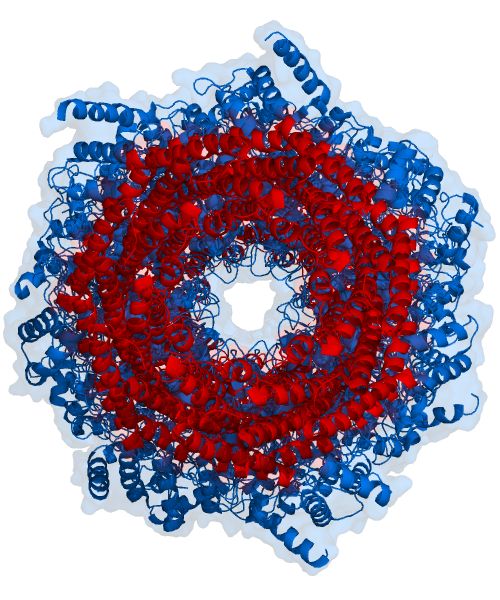
Slowing Alzheimer’s disease by cleansing the brain of toxic proteins; also, new findings on a sweet-tooth hormone.
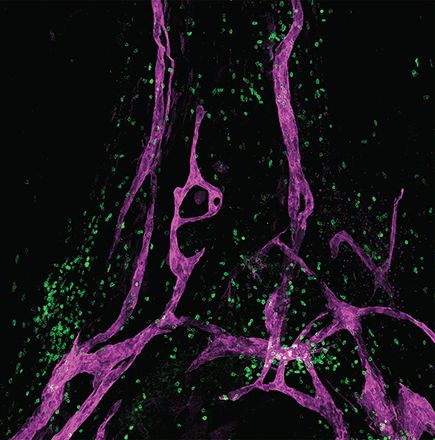
Science Breakthroughs of 2015: An unexpected finding in the brain.

Scientists reverse-engineer the human learning process to help computers think more creatively.
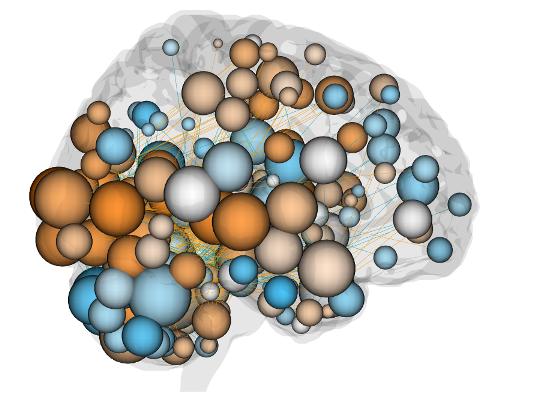
Functional MRI brainscans could identify attention deficit disorders in the resting brain.
Neuroscientists are studying interactions by squeezing two people into an MRI scanner.
People who respond better to fake medicine may also get more relief from the real thing.
Scientists are developing new strategies for making old neurons to study diseases of aging.
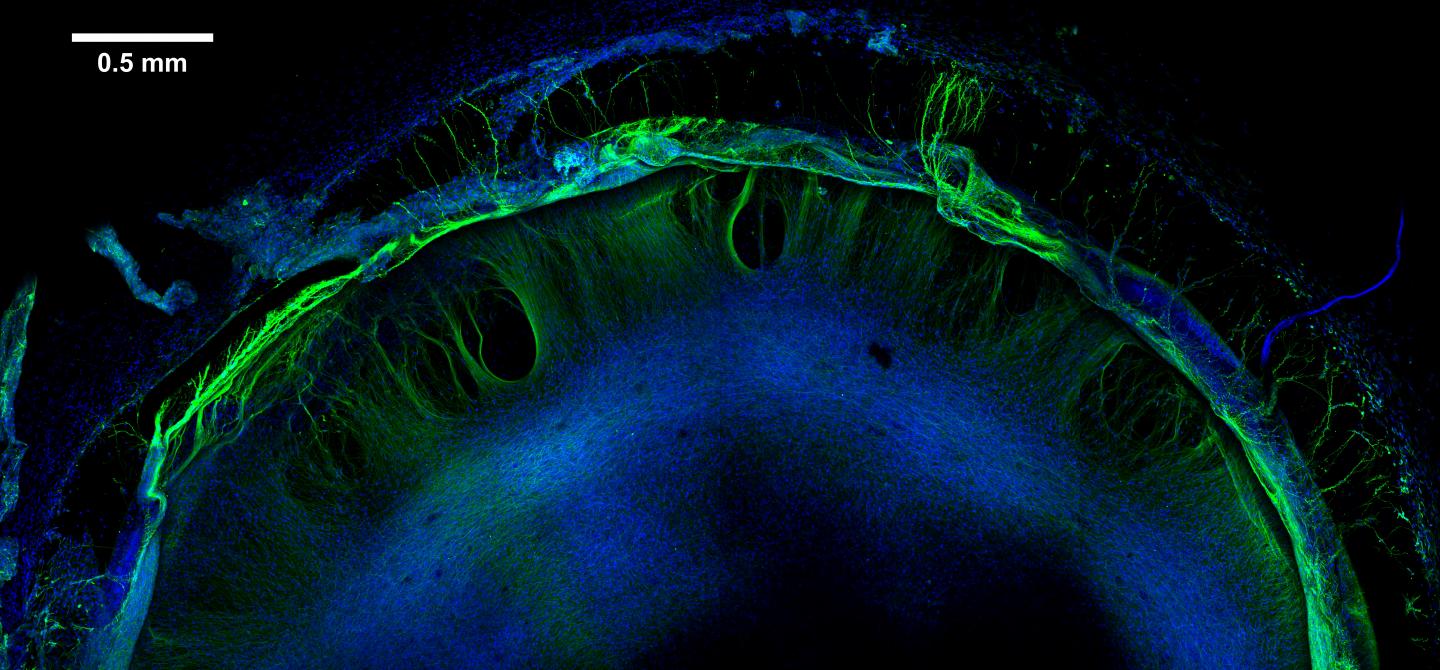
Organized clumps of neural tissue called brain organoids could let researchers study neurological disorders in the laboratory.
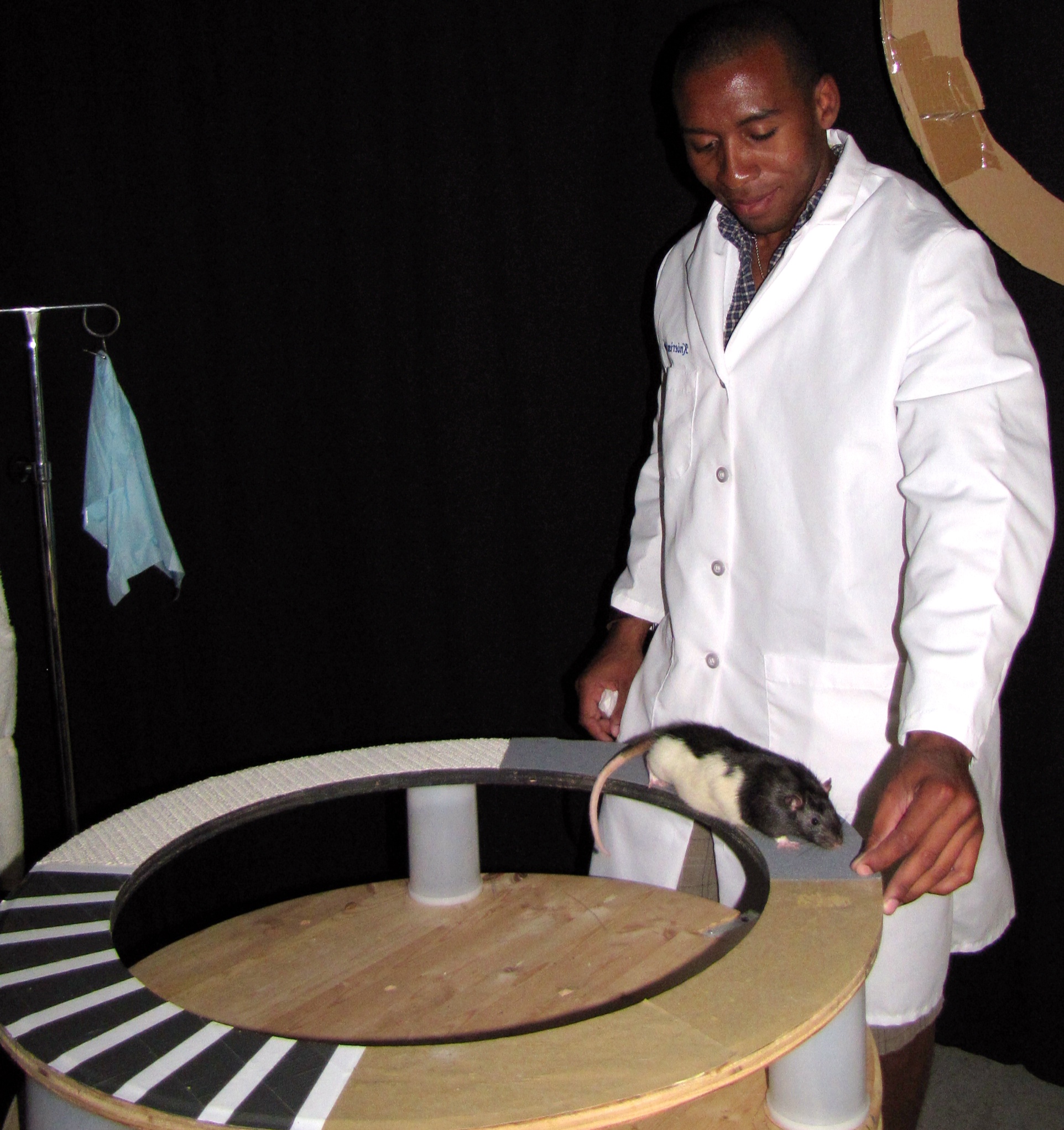
When a familiar place changes, two brain regions work together to update our memories.

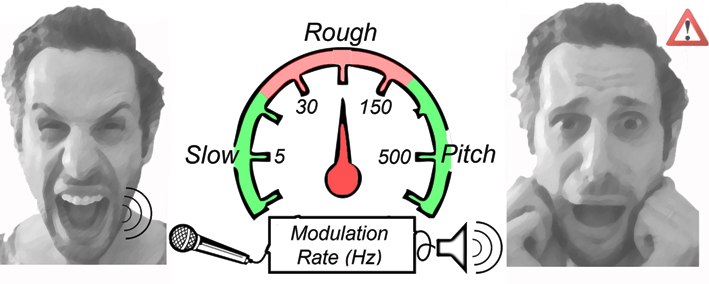
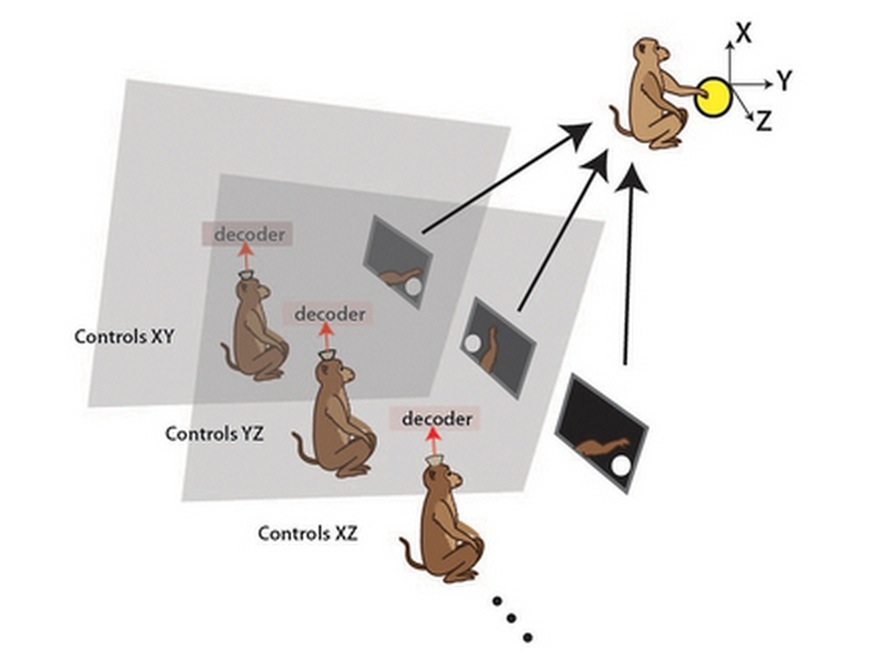
Coordinating brain activity between patients and therapists could be the future of treatment for brain injuries and diseases.
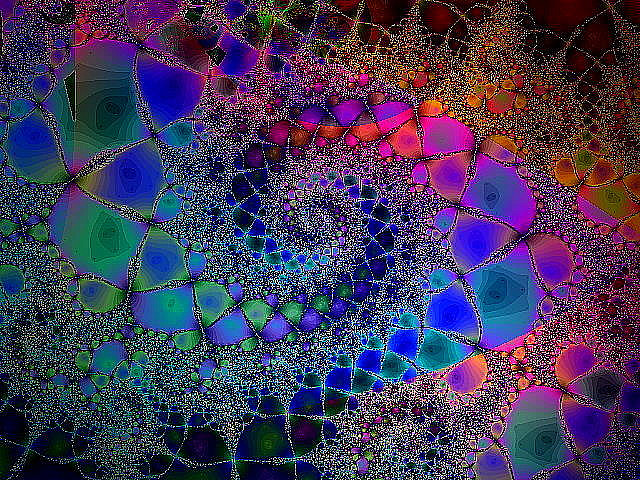
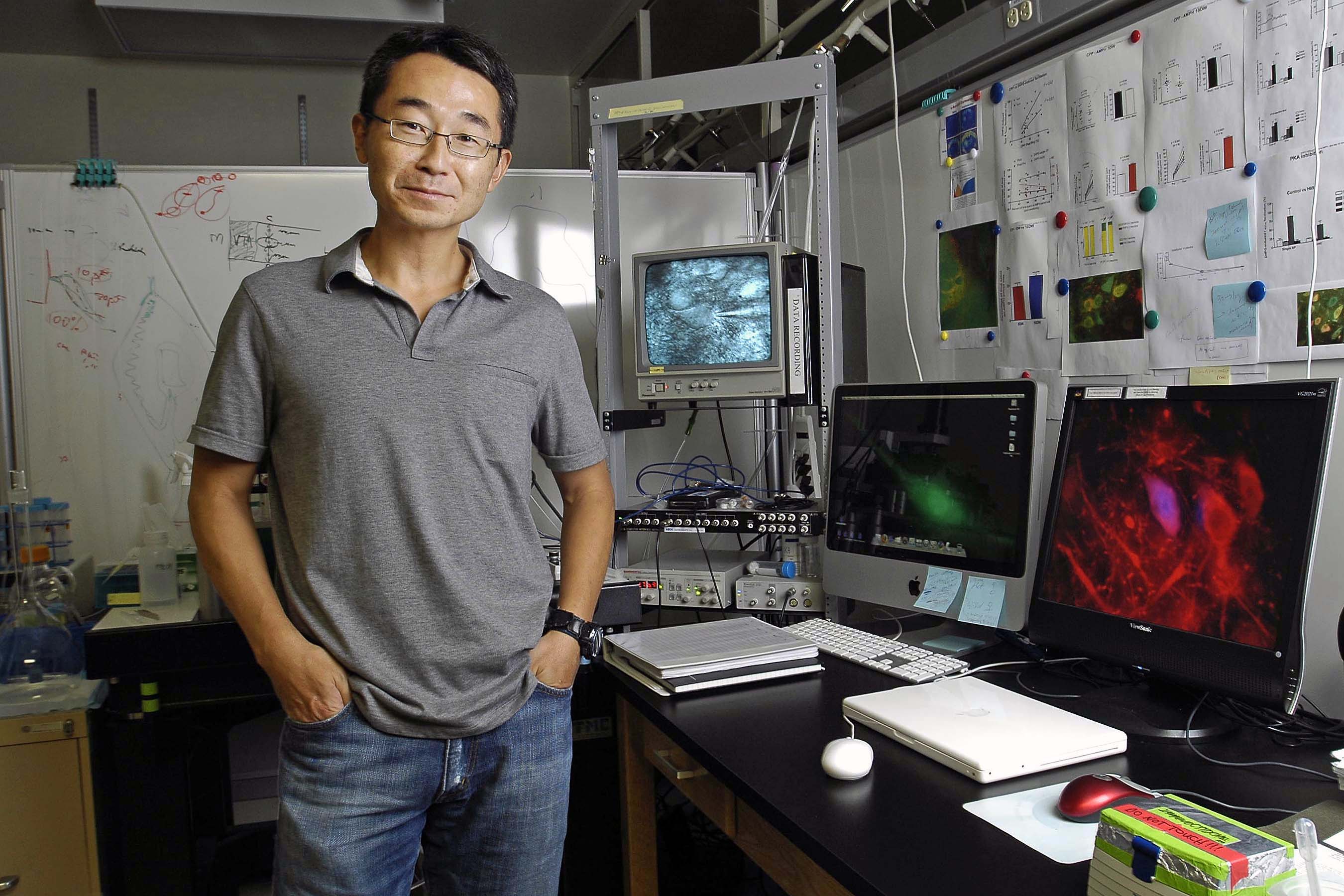

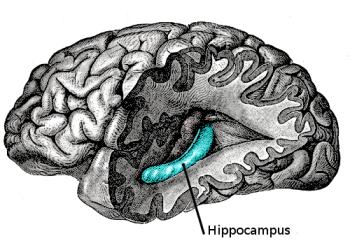
Heavy drinking before the age of 25 may lead to lasting changes in parts of the brain critical for memory and learning.
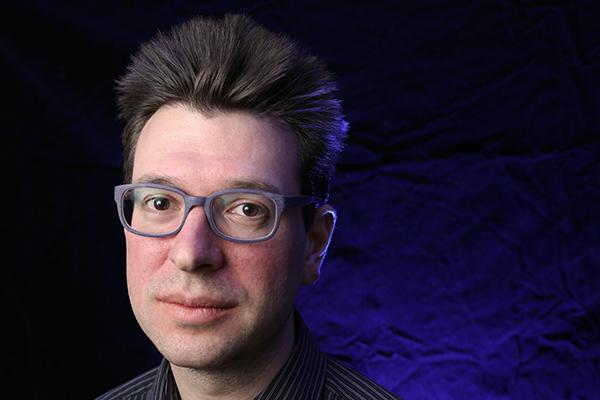
Stimulating the brain with mild electrical current may enhance creativity and treat depression.
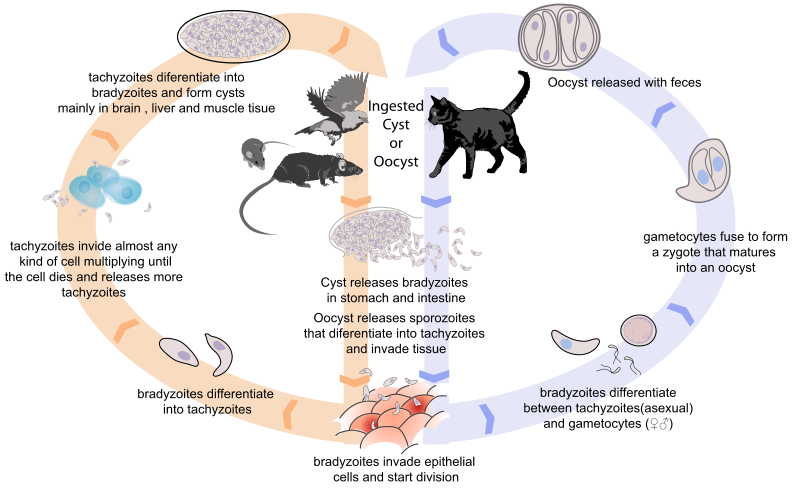
The brains of people with anorexia don’t connect the feeling of hunger with reward.
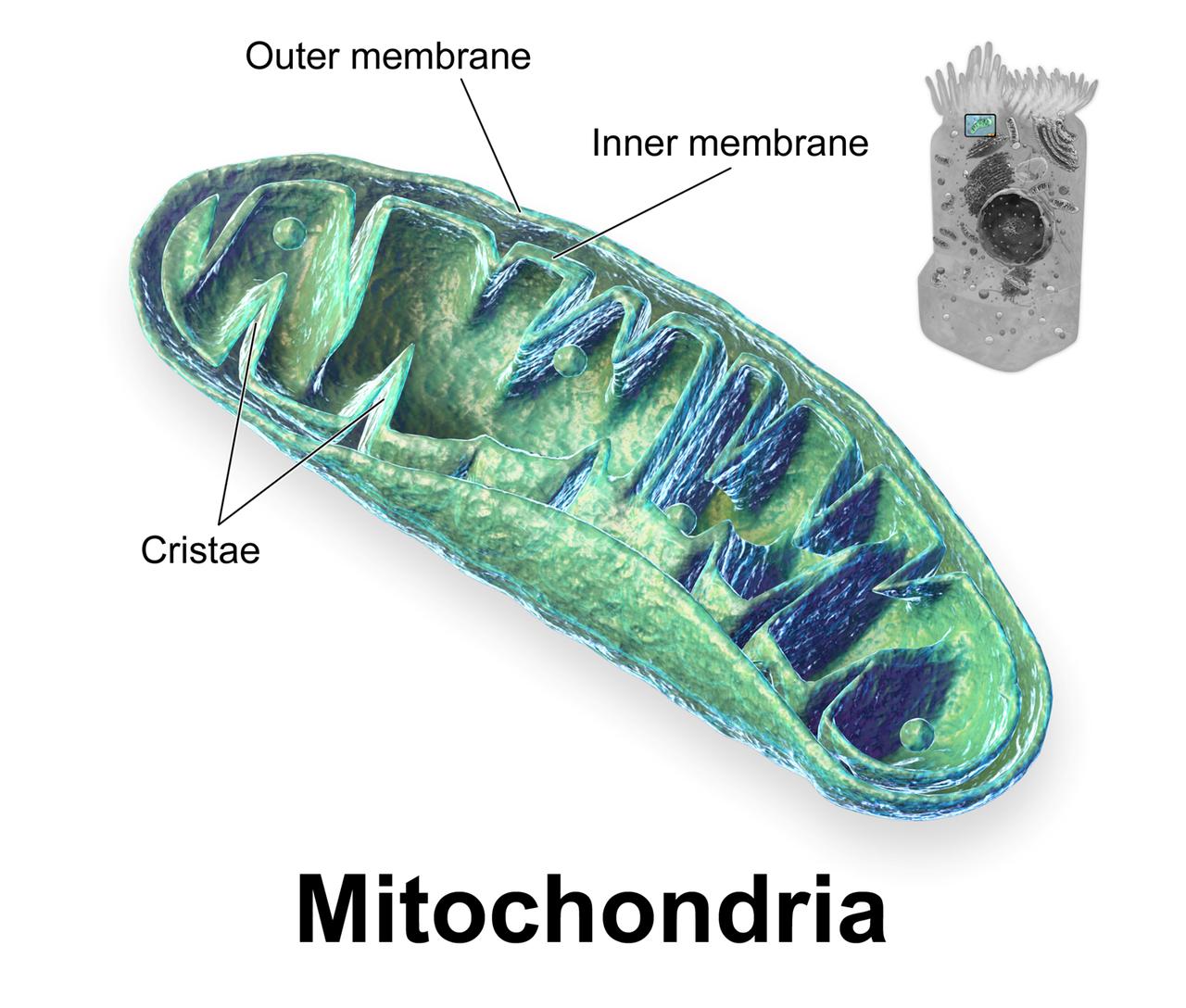
Insulin-resistance in the brain may be responsible for mood disorders in diabetics, and may also play a role in Alzheimer’s disease and other disorders.
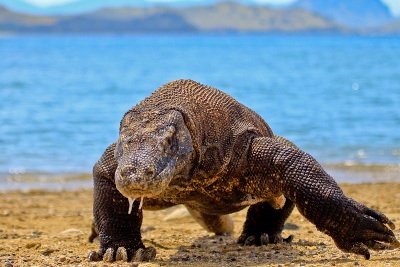
SURVIVAL (Encore Presentation) - Why female Komodo dragons die young, a whale that sounded like a person, and algae that flee their predators. Also: how the brain's insulation differs between us and chimpanzees, and why that insulation is so important to social development.
